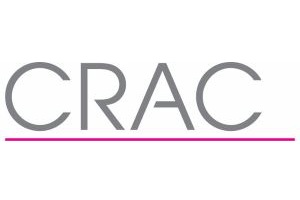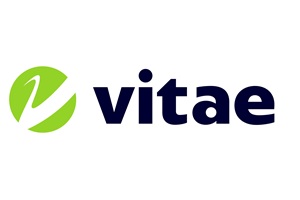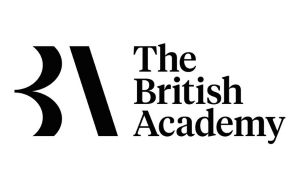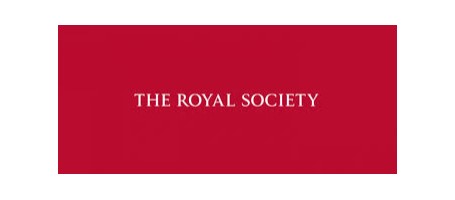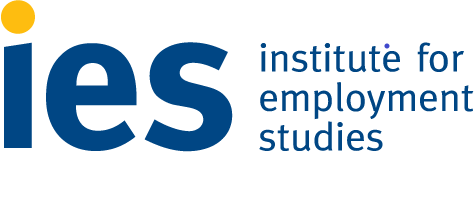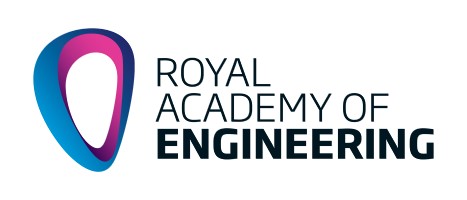About CRAC
CRAC provides research, intelligence and innovation services for all those who support the career development of people of all ages and in all sectors.
We work in partnership with government agencies, education organisations and providers and employers and professional bodies. CRAC is a registered charity No 313164 established in 1964.


Our Mission
To provide research, expertise and innovation for all those who support career development, across all age ranges.
STRATEGIC AIMS:
- to support those who help people make career decisions by providing information and intelligence and developing innovative approaches
- to help employers understand education and how to engage with those in education
- to help educators understand employers and how to develop employability
- to support career development activities for specific sectors/industries, ages or educational groups
We achieve our aims by working in partnership with schools, colleges, universities, government agencies and other key national organisations, ensuring that the work we do impacts on as many individuals as possible, to achieve CRAC's vision of a world where people make career decisions wisely and develop their capabilities throughout their working lives.
News
Featured news
Services
What we offer
What our customers say
Portfolio
Featured examples of work
Royal Society Research Fellowships: career tracking and impact
This research has involved tracking the careers of 1000+ researchers over a 35-year period who were awarded Royal Society Research Fellowships. Read the report coming soon revealing important insights into their progression to research leadership.
EU staff in UK Higher Education
CRAC is leading the institutional research strand of this project for the Department for Education, led by the Institute of Employment Studies (IES). The project investigates current dependencies on EU staff in research and other roles and how institutions are mitigating potential vulnerabilities.
Engineering employer graduate recruitment practice: Investigating barriers to diversity
This study for the Royal Academy of Engineering followed CRAC’s identification of variances in the outcomes of engineering graduates according to different aspects of diversity. Working with a sample of recruiters, it provides insights into the extent to which current recruitment and selection practices support or hinder increased diversity, and highlights areas where enhancements are required.

